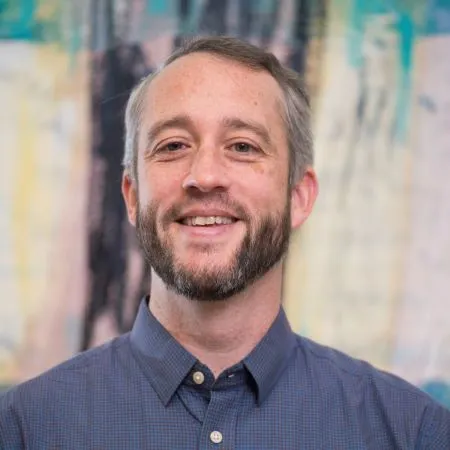Demographic & Economic Factors Underlying Social Networks & Sustainability in Rural Alaska
Arctic communities are experiencing unprecedented challenges caused by global forces of climatic, economic, ecological, political, and cultural change. The mixed cash-subsistence economies of rural villages reflect the complex interplay among these forces, so understanding the relationship between contemporary practices and accumulated cultural values, norms, and institutions can guide efforts to assess individual adaptability and community resilience. Research throughout the arctic suggests that social networks play a key role in mixed economies and may be essential for enduring forces of change.
In this seminar, I will present preliminary analysis of demographic and economic factors underlying social networks in rural Alaska that emerge from the mixed economy. I will also describe some theoretical and methodological tools that could be useful in synthesizing research on sustainability in the natural and social sciences.
Presenters
Drew Gerkey
Dr. Drew Gerkey is an anthropologist studying the intersections of culture, environment, evolution, and economy. His research is grounded in long-term ethnographic research with Indigenous communities in the Arctic, and it extends to collaborations with researchers working in other parts of the world. Using qualitative and quantitative methods, he studies the social and ecological dynamics of cooperation and collective action in a variety of contexts, from subsistence economies, social networks, and institutions to conservation, environmental governance, and sustainability. This work generates...
Drew Gerkey
Dr. Drew Gerkey is an anthropologist studying the intersections of culture, environment, evolution, and economy. His research is grounded in long-term ethnographic research with Indigenous communities in the Arctic, and it extends to collaborations with researchers working in other parts of the world. Using qualitative and quantitative methods, he studies the social and ecological dynamics of cooperation and collective action in a variety of contexts, from subsistence economies, social networks, and institutions to conservation, environmental governance, and sustainability. This work generates insights on social dilemmas that arise when individual interests and the common good imperfectly align, supporting efforts to enhance environmentally sustainable and socially just connections between people and nature. Drew’s research has been supported by the National Science Foundation, the Fulbright Program, the Wenner-Gren Foundation, the Mellon Foundation, and the U.S. Fish and Wildlife Service. His recent publications include articles in Current Anthropology, Science Advances, Global Environmental Change, World Development, and the American Journal of Human Biology. At SESYNC, Drew developed collaborative projects with the Alaska Department of Fish and Game, applying social network analysis to understand social and ecological dynamics of subsistence harvests in Alaska. He also participated in SESYNC-funded team synthesis projects, including a global synthesis of environmental, demographic, and health data that examined links between conservation and human well-being. Drew is an Associate Professor in Anthropology at Oregon State University. He completed a PhD in Anthropology from Rutgers University and a BA in Anthropology and English Literature from Kenyon College. Prior to joining SESYNC, he was a postdoctoral fellow at the University of Washington.
External Links:
https://scholar.google.com/citations?user=Slj21mQAAAAJ&hl=en
https://liberalarts.oregonstate.edu/users/drew-gerkey
https://twitter.com/drewgerkey?lang=en
